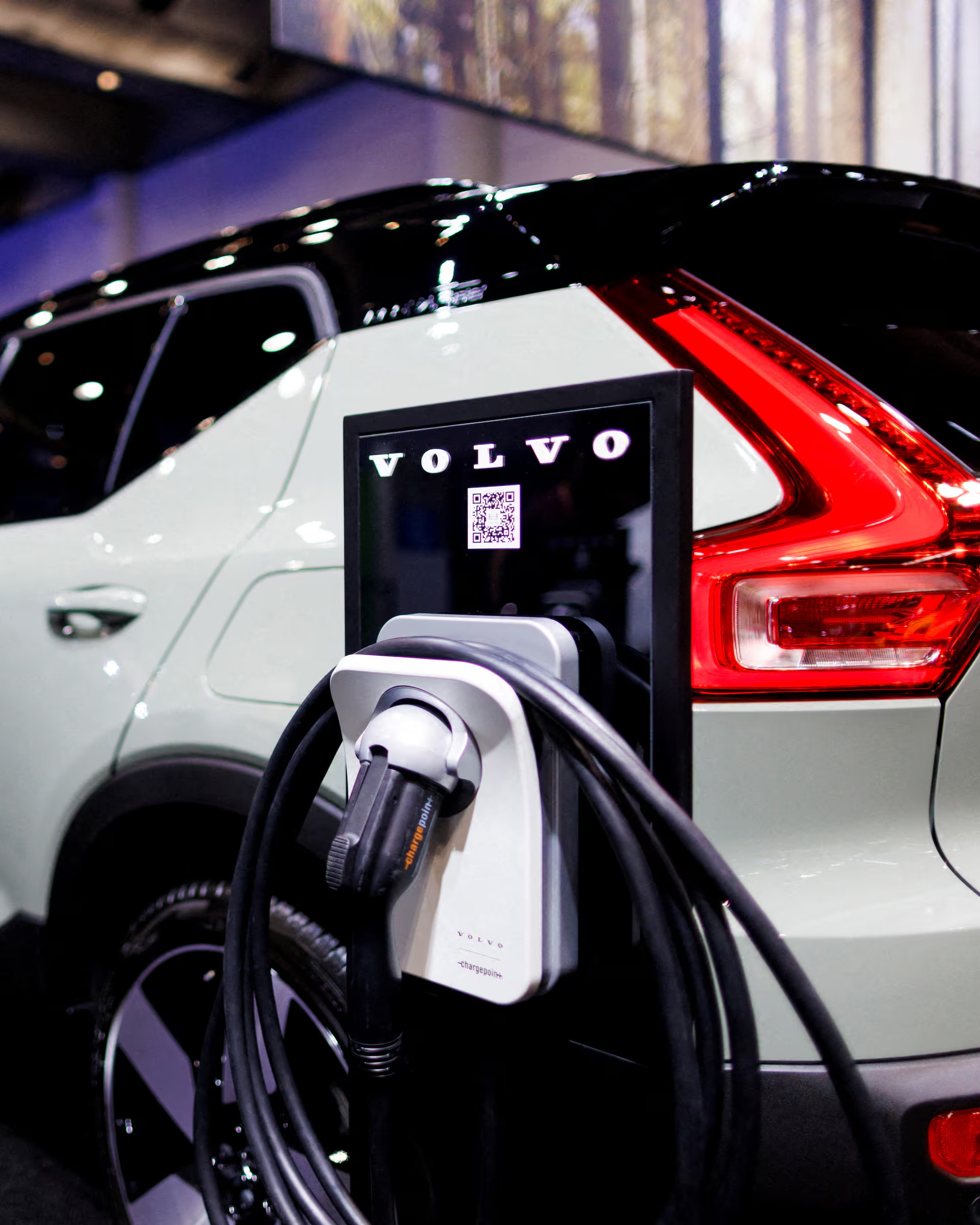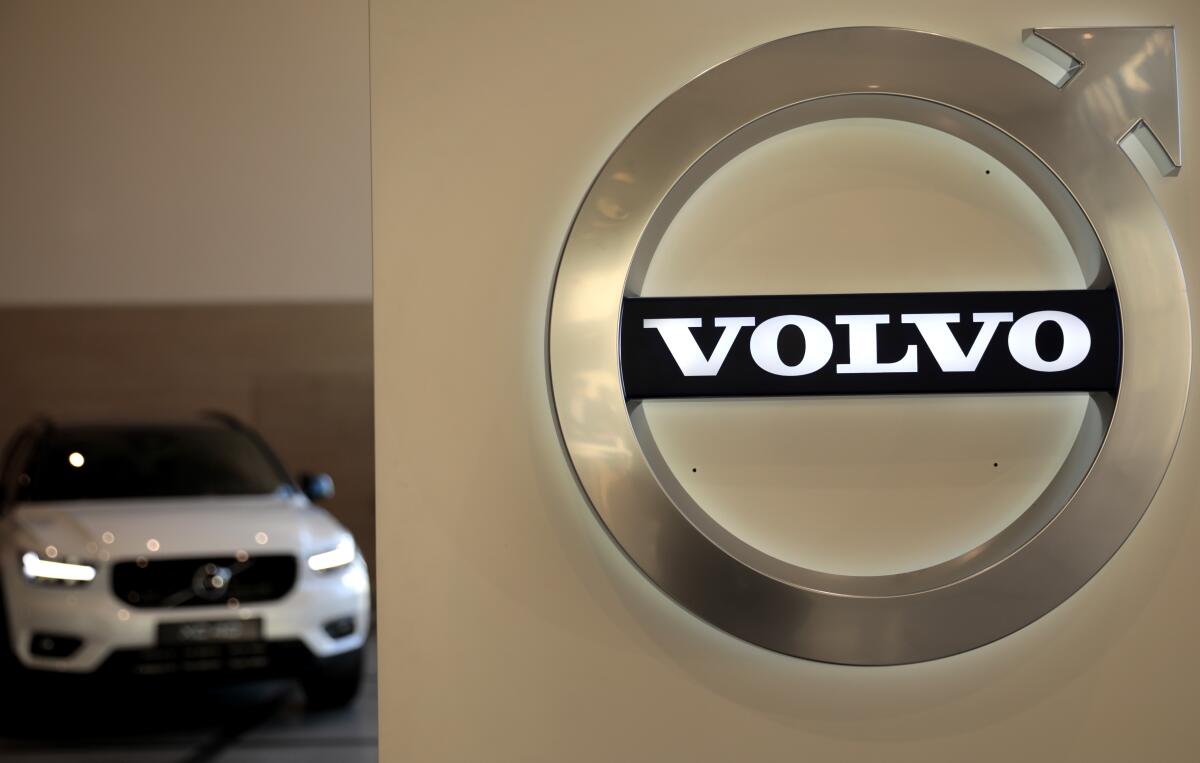Volvo has abandoned its previous goal of producing only fully electric vehicles by 2030, now stating it expects to still sell some hybrid cars by that date.
The automaker attributed the change to shifting market conditions, stepping back from the target it had set just three years ago.
This decision comes as the automotive industry grapples with slowing demand for electric vehicles (EVs) in key markets and uncertainties surrounding trade tariffs on EVs manufactured in China.
Volvo, traditionally known for promoting its environmental initiatives, now joins other major carmakers like General Motors and Ford in scaling back their electric vehicle ambitions.
The company now predicts that at least 90% of its production by 2030 will consist of electric cars and plug-in hybrids.
Additionally, it may continue to offer a limited number of mild hybrids, which are conventional vehicles that feature minimal electric assistance.
Jim Rowan, Volvo’s chief executive, reiterated the company’s commitment to an electric future but acknowledged the complexities of the shift. “We are resolute in our belief that our future is electric,” Rowan said.
“However, it is clear that the transition to electrification will not be linear, and customers and markets are moving at different speeds.”
Volvo also pointed to changes in the business environment for EVs, citing slow progress in building charging infrastructure and the reduction of consumer incentives for EV purchases as key factors.

Independent equity analyst Anna McDonald shared concerns about consumer hesitancy to adopt EVs, “Some of the subsidies that governments had put in place to encourage electric car purchases have ended, and there’s still that ongoing lack of demand because consumers are worried about charging.”
She added, “Electric cars remain more expensive, and while the EU and the US are imposing tariffs on Chinese cars to prevent them from flooding the market, this only increases the cost of manufacturing outside of China. Car manufacturers are not keen to make losses on these vehicles.”
Across the European Union, EV registrations fell by nearly 11% in July, according to the European Automobile Manufacturers Association.
As Volvo is majority-owned by Chinese automotive giant Geely and operates factories in China, it will also be impacted by tariffs on Chinese-made EV imports in Europe and North America.
Last week, Canada introduced a 100% tariff on Chinese-manufactured electric vehicles, following similar moves by the US and EU.
Western nations have accused China of subsidizing its EV industry, providing its carmakers with an unfair competitive edge. China, however, has dismissed these claims, calling the tariffs “discriminatory.”
Ford has also been reconsidering its EV plans. Last month, the American automaker canceled its plans to launch large, three-row all-electric SUVs and delayed the introduction of its next electric pickup truck.
General Motors, a key competitor, has similarly reduced its EV production targets over the past year.






Leave a Reply